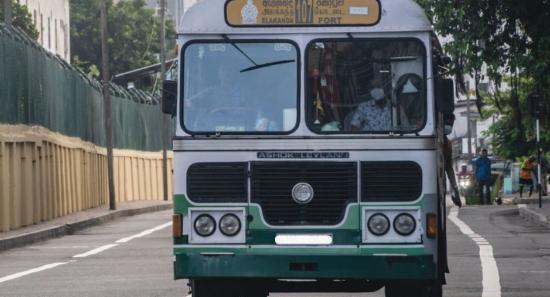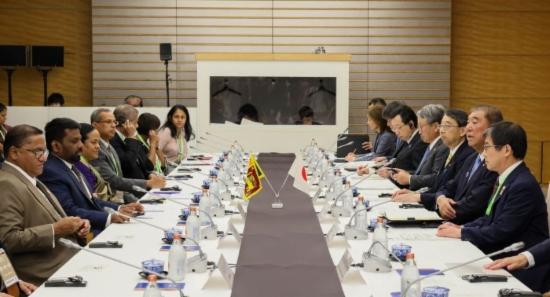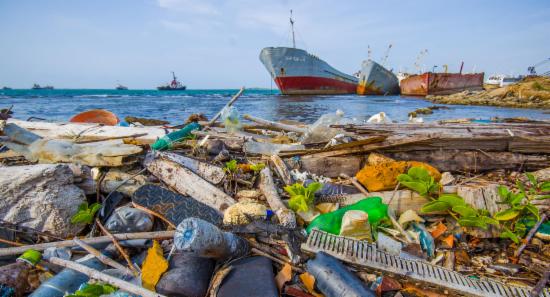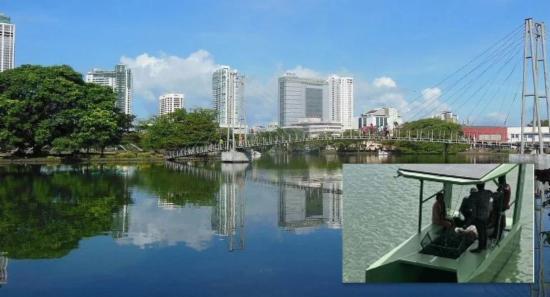.webp)

Sri Lanka’s $5B FDI Target Faces Reality Check
COLOMBO (News 1st); While Sri Lanka’s economy showed signs of resilience with a stronger-than-expected 5% GDP growth in 2024, investor skepticism continues to dominate the country’s investment climate, casting uncertainty over its ambitious targets for 2025.
The sweeping electoral victory of President Anura Kumara Dissanayake and the National People’s Power (NPP) coalition brought political stability, and the government’s commitment to the ongoing $3 billion IMF Extended Fund Facility has reassured some stakeholders.
However, the 2025 Investment Climate Statement on Sri Lanka by the US State Department says that many investors remain cautious, citing the NPP’s historically anti-Western, Marxist-influenced ideology and mixed signals on privatization and regulatory reform.
Foreign direct investment (FDI) remains modest, with most deals falling in the $3–$5 million range.
Key sectors attracting foreign interest in 2024 included:
Tourism
Information and Communications Technology (ICT)
Renewable Energy
Manufacturing
Real Estate
Despite a $5 billion FDI target for 2025, seasoned investors stress that policy stability, regulatory clarity, and transparency must precede any significant uptick in large-scale investments.
U.S. firms continue to explore opportunities in ICT, energy, aviation, and defense, but face persistent challenges such as bureaucratic delays, unpredictable regulations, and selective transparency.
The government’s institutional capacity to foster an open investment environment remains limited.
The report said that, investors frequently cite project reversals, slow decision-making, and inadequate support for established businesses as barriers to growth.
Calls for comprehensive structural reforms — including trade facilitation, digitization, and stronger governance — remain urgent.
Sri Lanka’s foreign investment policies are inconsistently implemented. The Board of Investment (BOI), the principal investment promotion agency, struggles to function as a true “one-stop shop” due to fragmented authority across government departments. Investors report difficulty maintaining consistent dialogue with the BOI and navigating lengthy approval processes.
Other key impediments include:
Unnecessary regulations
Legal uncertainty
Poor bureaucratic responsiveness
High transaction costs and opaque procurement procedures
The Economic Transformation Act (ETA), passed in July 2024, proposed replacing the BOI with five new agencies:
Economic Commission
Zones SL
Office for International Trade
National Productivity Commission
Sri Lanka Institute of International Trade
However, implementation of the ETA stalled following the NPP’s electoral victory, leaving the BOI in continued operation.
Sri Lanka recognizes international arbitration for commercial disputes, particularly when contracts include specific clauses. While foreign arbitral awards are enforceable under the Arbitration Act, judgments from foreign courts are rarely upheld unless reciprocal agreements exist.
No multilateral organization has conducted an investment policy review for Sri Lanka in the past five years. The last review by UNCTAD was in 2004, underscoring the need for updated assessments and global engagement.
Other Articles
Featured News





.png )


-809594_550x300.jpg)
-809573_850x460-809588_550x300.jpg)

-809573_550x300.jpg)



-809496_550x300.jpg)




















.gif)